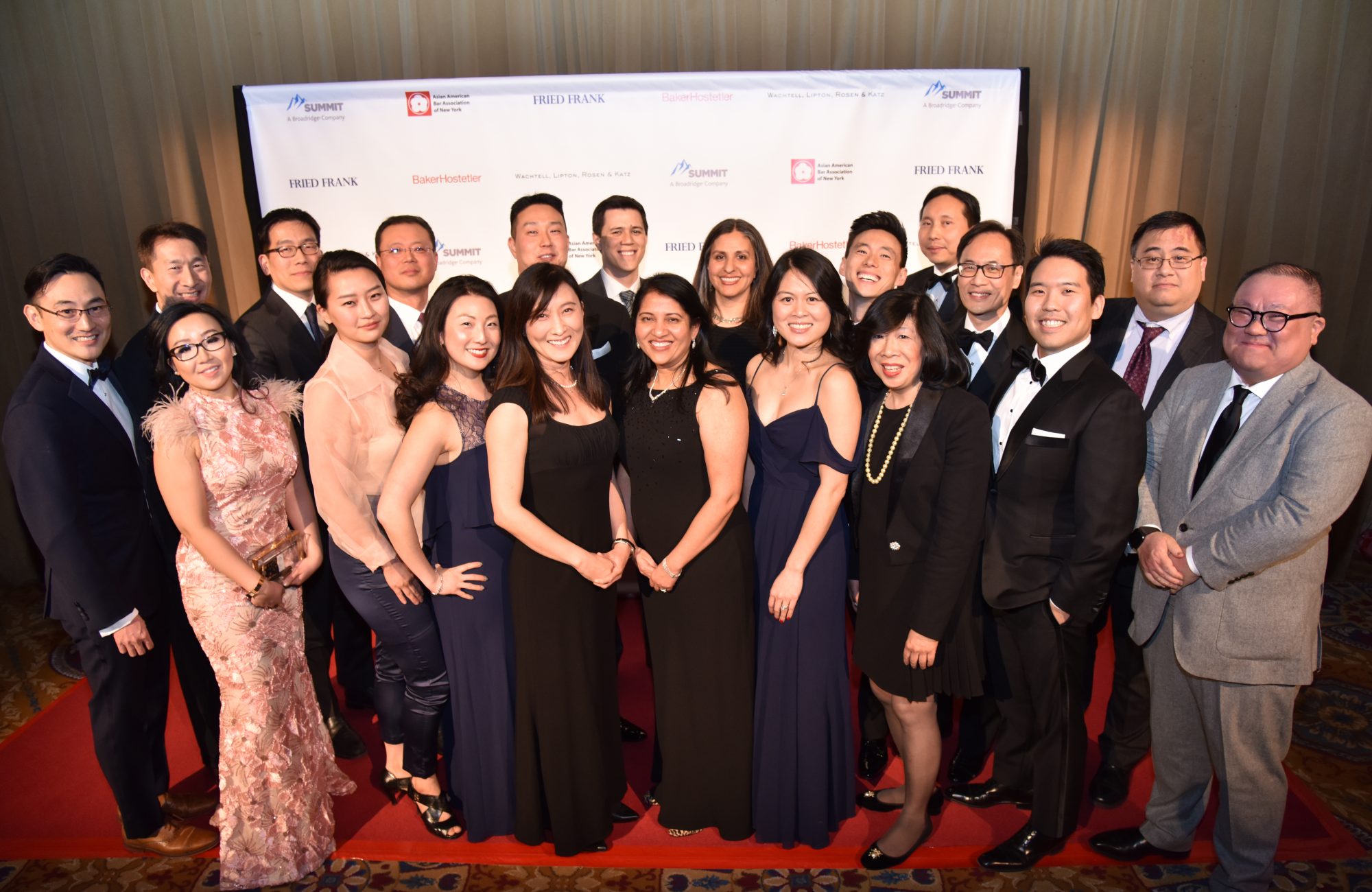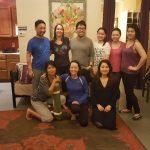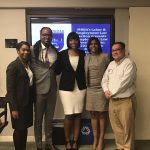WASHINGTON — The National Asian Pacific American Bar Association (NAPABA) and the South Asian Bar Association of North America (SABA) condemn President Trump’s new executive order that includes many of the discriminatory provisions of his earlier order, which also sought to stop refugees from entering the United States and halt immigration from several Muslim-majority countries. These orders, which are based on the misguided idea that certain religious and ethnic populations are more prone to violence, are incompatible with American values, and will not make our communities safer or our nation stronger. Notably, the order, continues to 1) suspend refugee admission for 120 days, 2) reduce and limit the number of refugee admissions, and 3) targets individuals from six Muslim-majority countries, suspending entry of individuals for 90 days, with some exceptions.
“The executive order is a continuation of the same policy that discriminates against and devalues refugees and members of the Muslim community,” said NAPABA President Cyndie Chang. “We must refuse to act out of fear and intolerance. We must not return to the dark chapters of our history where we judged people by the color of their skin, how they prayed, or where their family came from. We must stand up for our values of equity, justice, and opportunity.”
“The President’s Executive Action does nothing more than advance an anti-Muslim agenda espoused during the campaign under the guise of National Security,” said SABA President Vichal Kumar. “A refugee, by definition, is a person who has been forced to leave their country in order to escape war, persecution, or natural disaster. The supposed justification for this Executive Action punishes this person for the very same war and persecution that is causing them to leave in the first place.”
The new executive order clarifies it is not applicable to certain individuals, such as valid visa holders whose documents were issued on or before Jan. 27, 2017, lawful permanent residents, and dual-national passport holders. The order will take effect on March 16, 2017.
The executive order continues to require regular reports be published on suspected criminal activity committed by foreign nationals and refugees. When combined with reporting requirements under other immigration related executive orders, these reports will generate greater mistrust and fear of immigrant communities.
Both NAPABA and SABA joined litigation against the executive order enacted on Jan. 27, 2017. Our members have been at the airports assisting families, in the field educating communities about their rights, and in the courts supporting local and national pro bono efforts. Read our original statement here.
NAPABA and SABA join our fellow attorneys, the Asian Pacific American community, and Americans of all backgrounds in reiterating our commitment to diversity and justice. We remain committed to ensuring that all are free from discrimination and racial and religious profiling.
For more information, contact:
NAPABA is the national association of Asian Pacific American attorneys, judges, law professors, and law students. NAPABA represents the interests of over 50,000 attorneys and over 75 national, state, and local bar associations. Its members include solo practitioners, large firm lawyers, corporate counsel, legal services and non-profit attorneys, and lawyers serving at all levels of government. NAPABA engages in legislative and policy advocacy, promotes APA political leadership and political appointments, and builds coalitions within the legal profession and the community at large. NAPABA also serves as a resource for government agencies, members of Congress, and public service organizations about APAs in the legal profession, civil rights, and diversity in the courts.
SABA North America (formerly NASABA/North American South Asian Bar Association) is a voluntary bar organization and serves as an umbrella organization to 26 chapters in the United States and Canada. SABA North America is a recognized forum for professional growth and advancement for South Asian attorneys in North America and seeks to protect the rights and liberties of the South Asian community across the continent. Learn more at www.sabanorthamerica.com.







